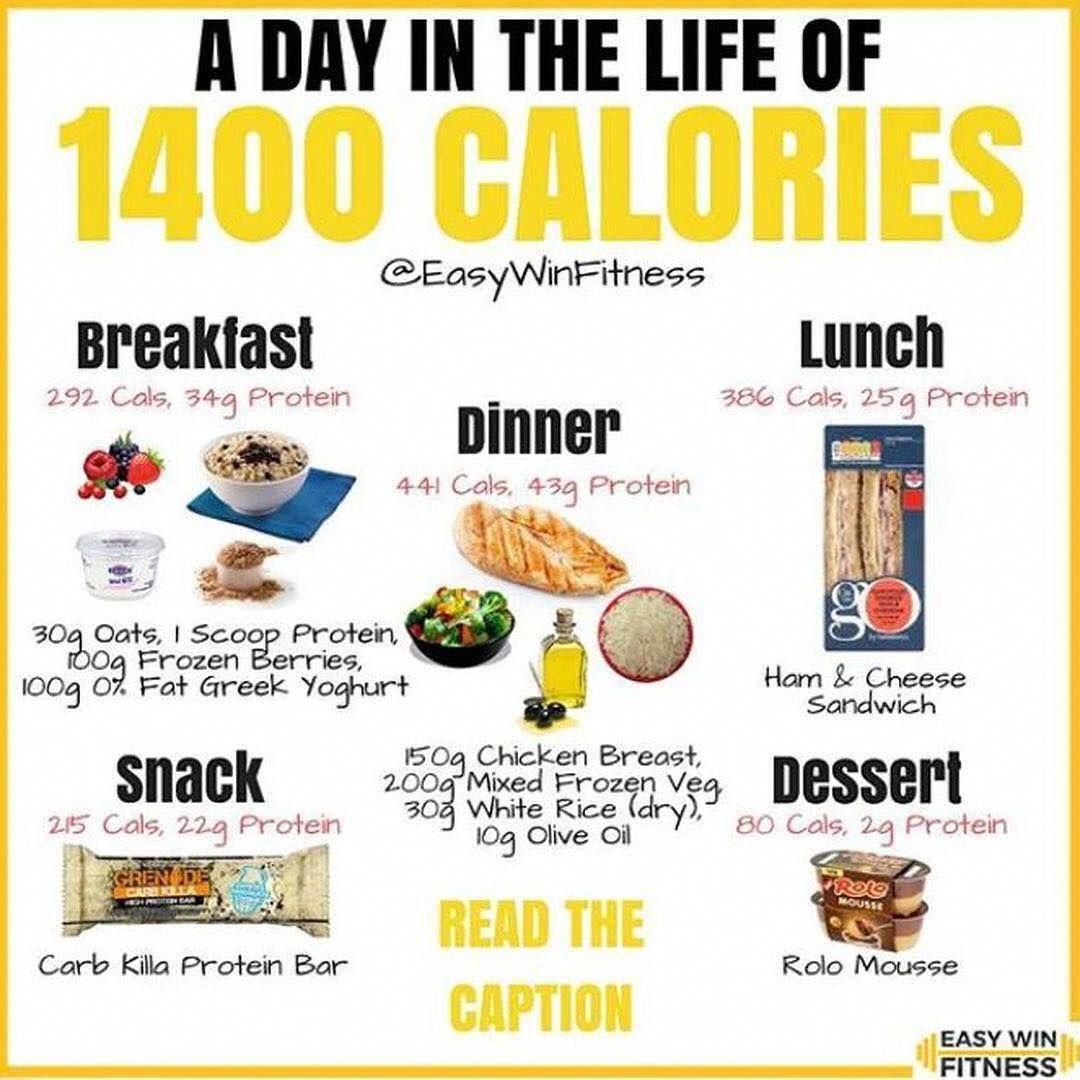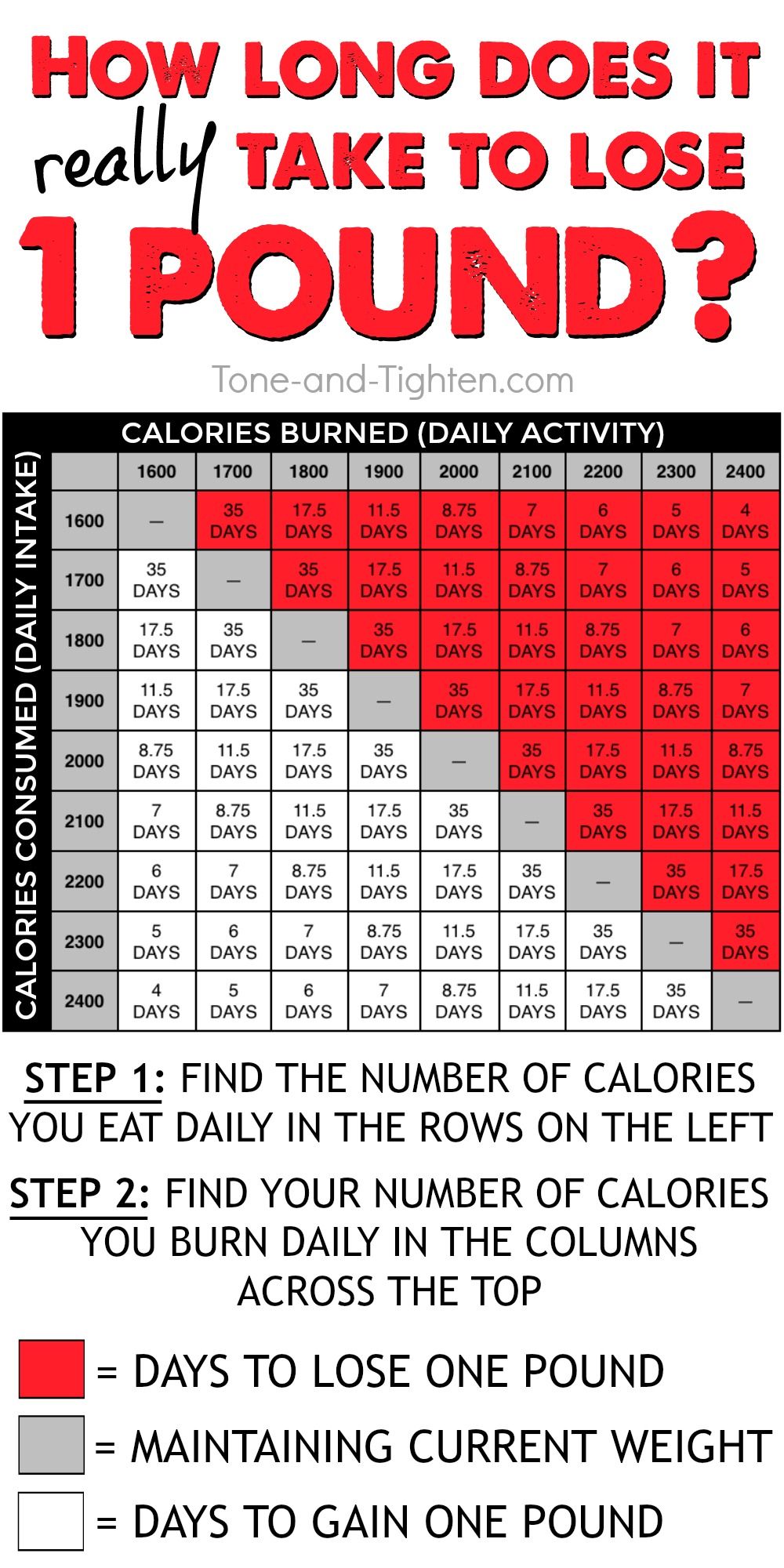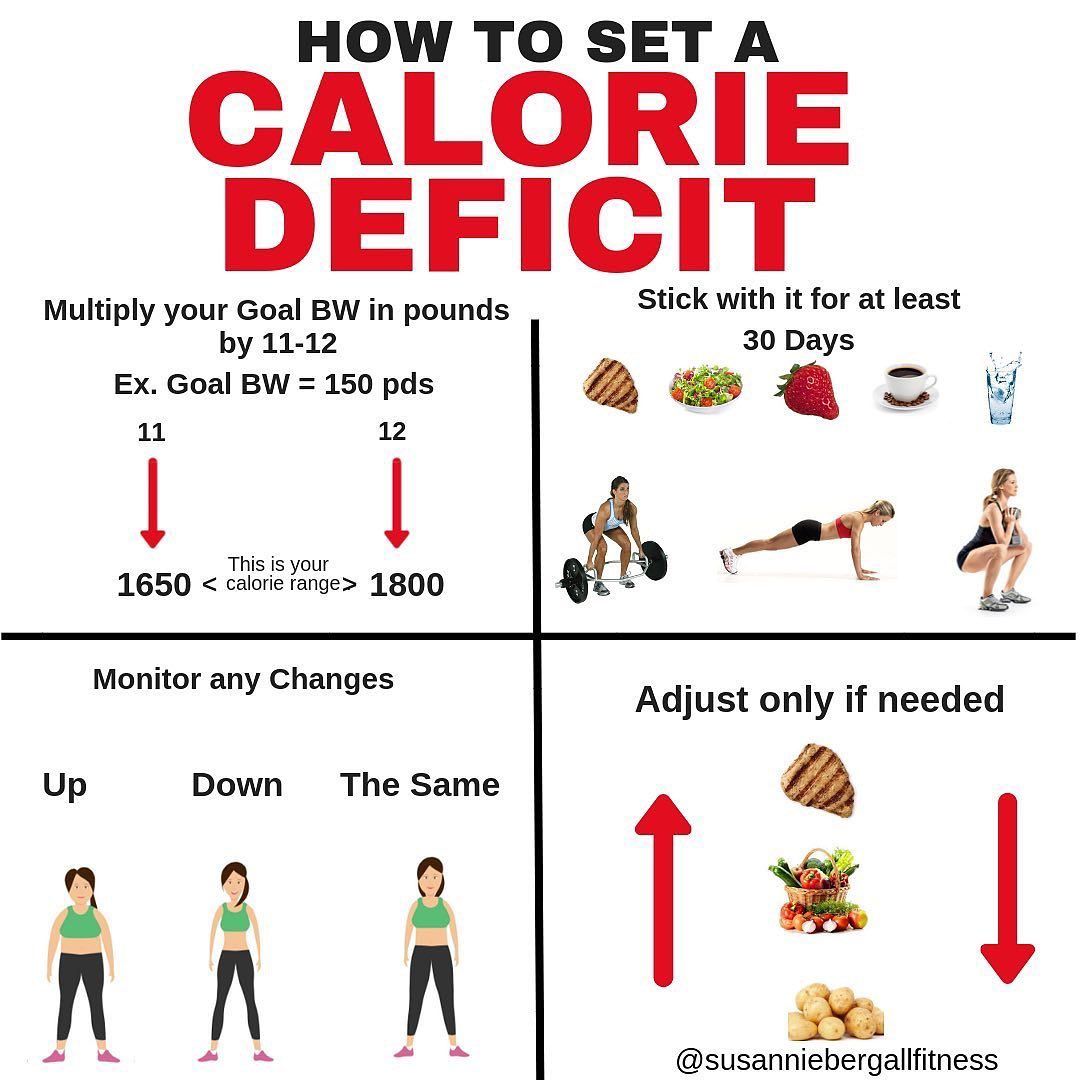If your goal is to lose body fat, there may be some value in slightly decreasing intake on non-training days. If your goal is to maximize your strength and performance or to put on muscle mass, having adequate rest day nutrition is essential. Rest days are for growth and tissue repair, which requires calories.
How many calories should you eat in a day if you don t exercise?
As a very loose guideline, the general recommended daily calorie intake for men is 2,500 and for women is 2,000. If you're fairly inactive, a healthy target for weight loss would be around 1,300 - 1,500 for women and 1,800 - 2,000 calories for men.
How much should I eat on non workout days?
REST DAY NUTRIENTS
Aim for 20-30g protein every 2-4 hours throughout the day. This will support recovery by keeping your intake of amino acids steady. Focus on natural, complex carbs from wholegrains, potatoes and root vegetables, and fruits as these will deliver important vitamins, minerals, and fibre.
Do you burn calories on rest days?
Rest allows your muscles to rebuild and grow. And when you have more muscle, you'll burn more calories at rest. That's because muscle burns more energy than fat. Additionally, when you feel refreshed, you'll be more likely to stick to your exercise routine.
Should I eat at maintenance on rest days?
It can be a good idea to eat at a calorie surplus on training days and at maintenance on rest days, as this can help support muscle growth and recovery from exercise.
Should I eat more on workout days or rest days?
If your goal is to lose body fat, there may be some value in slightly decreasing intake on non-training days. If your goal is to maximize your strength and performance or to put on muscle mass, having adequate rest day nutrition is essential. Rest days are for growth and tissue repair, which requires calories.



If you want to get in the best shape of your life by 2024 read this most easy approach:
— Abhi Rajput | Men Fat Loss Coach (@Abhirajputfit) September 2, 2023
1- Use this website to understand how many calories you need.
Fill in the details about yourself first,
It's not 100% accurate but it will tell you a great estimation
This is how you go…
What should I eat on days I don't workout?
For long-lasting fullness and slow-releasing energy, include plenty of high-fibre complex carbohydrates such as whole grains, beans and starchy vegetables in your diet. At each meal on your rest days, try to include a good source of protein.
Frequently Asked Questions
Should I eat more protein on workout days or rest days?
How much protein should I be eating on rest days (from working out)? just as much as you would on a training day... rest days are essential for muscle recovery and growth ... you could probably be fine eating a little bit less calories than usual , but you're best keeping the protein the same .
How many calories should I eat a day gym?
Most people require around 20 calories per pound (or 44 kcal / kg) of bodyweight to gain muscle mass. Using a 180-pound (82kg) male as an example, the required daily calorie intake is 3600 calories (20 kcal x 180 lb = 3600 kcal).
Is 1500 calories a day enough when working out?
Your BMR (a.k.a. metabolism) is the amount of energy your body needs to run properly and keep you alive—before you factor in daily physical activity or exercise. “Knowing this, it's easy to see why 1,500 calories wouldn't meet the needs of most active adults or athletes,” she adds.
How many calories should I eat per day to gain muscle?
Most people require around 20 calories per pound (or 44 kcal / kg) of bodyweight to gain muscle mass. Using a 180-pound (82kg) male as an example, the required daily calorie intake is 3600 calories (20 kcal x 180 lb = 3600 kcal).
Do I still bulk on rest days?
If you're looking to bulk up and put on muscle, then it's important to stay in a caloric surplus on rest days. That means eating more than your body needs for energy throughout the day. Eating enough protein is also important - aim for 1-1.5 grams of protein per pound of body weight each day.
FAQ
- Will I gain muscle if I eat 3000 calories a day?
- It certainly is a good amount to gain weight of any kind on for the average person. Assuming you're an average male 15–30, that's probably sufficient. Look up what your macros should be or get a nutrition coach: for bulking up I'd suggest 30–35% of that roughly to be protein.
- How many calories should I eat a day if I m not working out?
- As a very loose guideline, the general recommended daily calorie intake for men is 2,500 and for women is 2,000. If you're fairly inactive, a healthy target for weight loss would be around 1,300 - 1,500 for women and 1,800 - 2,000 calories for men.
- Should you eat less calories on non training days?
- If your goal is to lose body fat, there may be some value in slightly decreasing intake on non-training days. If your goal is to maximize your strength and performance or to put on muscle mass, having adequate rest day nutrition is essential. Rest days are for growth and tissue repair, which requires calories.
- What happens if I eat 1200 calories a day without exercise?
- A 1,200-calorie diet is much too low for most people and can result in negative side effects like dizziness, extreme hunger, nausea, micronutrient deficiencies, fatigue, headaches, and gallstones ( 23 ). Furthermore, a 1,200-calorie diet can set you up for failure if long-term weight loss is your goal.
- Should you eat less on non workout days?
- If your goal is to lose body fat, there may be some value in slightly decreasing intake on non-training days. If your goal is to maximize your strength and performance or to put on muscle mass, having adequate rest day nutrition is essential. Rest days are for growth and tissue repair, which requires calories.
How many calories on non workout days
| What happens if I eat less and don't exercise? | You can lose weight by eating less, but adding physical activity allows you to burn more calories than dieting alone. Any weight-loss plan that includes regular exercise is not only more successful — it's also healthier. |
| How much should I eat if I don't workout? | As a very loose guideline, the general recommended daily calorie intake for men is 2,500 and for women is 2,000. If you're fairly inactive, a healthy target for weight loss would be around 1,300 - 1,500 for women and 1,800 - 2,000 calories for men. |
| Do you lose weight on rest days? | For weight loss If you're trying to lose weight, you should still have regular rest days. Rest allows your muscles to rebuild and grow. And when you have more muscle, you'll burn more calories at rest. That's because muscle burns more energy than fat. |
| How many calories should I eat a day if I don't work out? | If you're not active: Aim for at least 1,600 calories per day. You're “not active” if you don't intentionally exercise or at least do some moderate to brisk walking every day. If you're moderately active: Strive to eat around 1,800 calories per day. |
- How many calories can I have a day without exercise?
- Over the course of a day, your body's natural calorie burn without any activity can range from 1,300 to more than 2,000, depending on your age and sex.
- How many calories should I eat if I sit all day?
- Sedentary. For someone taking less than 5,000 steps per day, needs fall as low as 1,600 calories per day for a woman and 1,800 calories for a man.
- Is 1500 calories enough without exercise?
- 1,500 calories per day would be considered a low caloric intake for most people and would generally not be recommended for the long term.
- How many calories should i eat if i didn't workout today
- Jun 29, 2018 — If you are sedentary (little or no exercise) : Calorie-Calculation = BMR x 1.1 · If you are lightly active (light exercise/sports 1-3 days/week)
